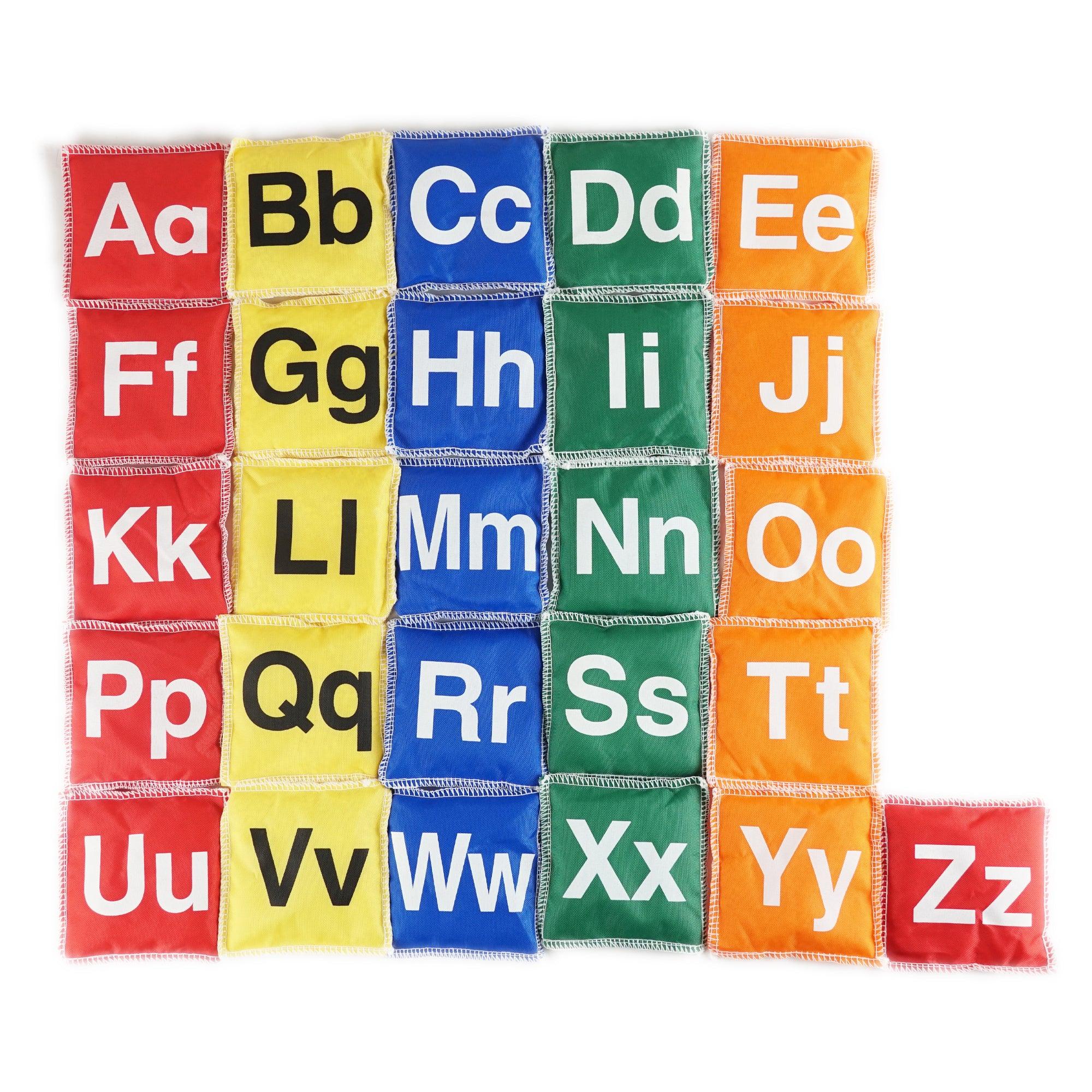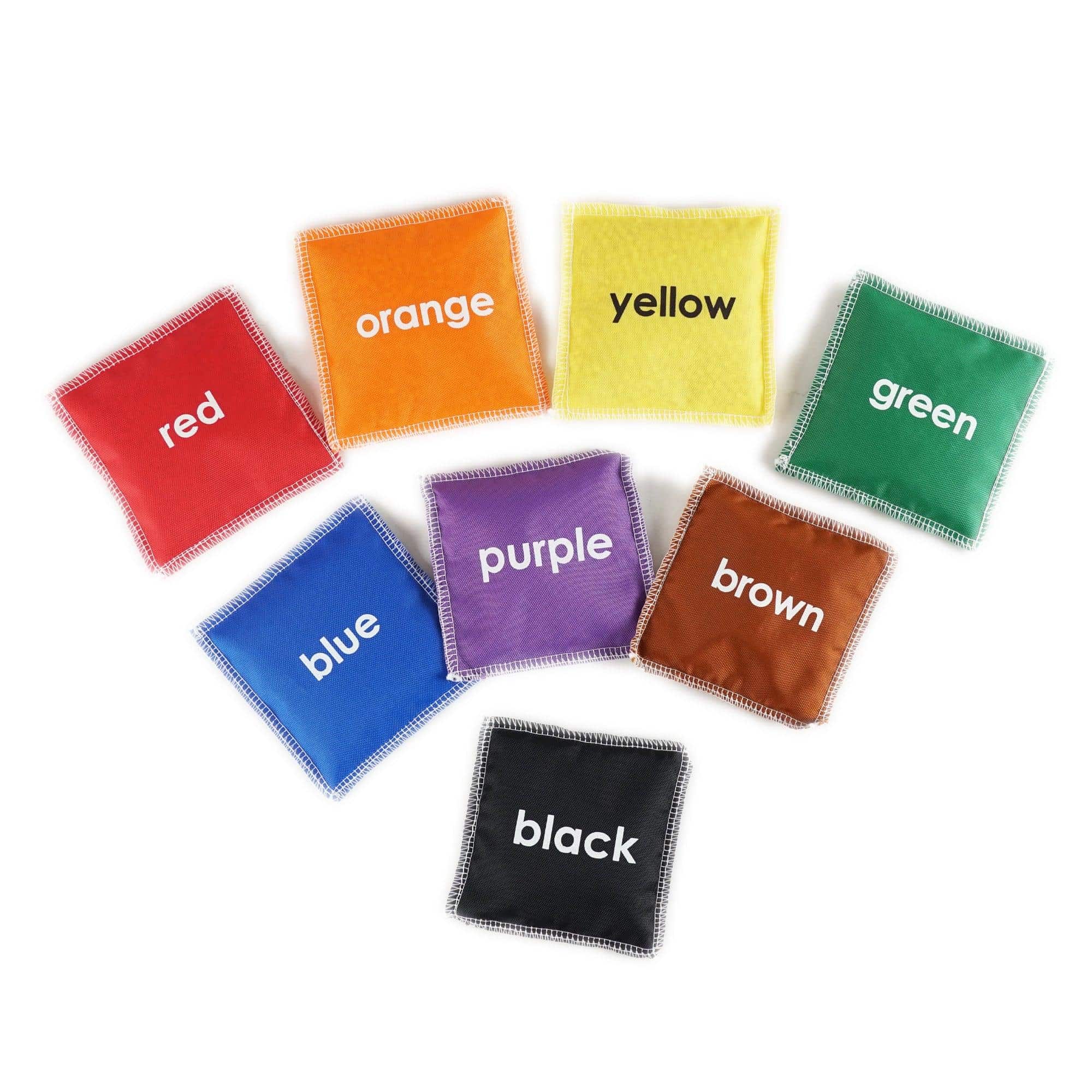The Hidden Education in Board Games
Introduction
Board games are not just a source of entertainment; they offer a plethora of educational benefits that often go unnoticed. These games provide a fun and interactive way to learn and develop various skills, making them excellent tools for both children and adults. In this article, we will explore the hidden education in board games and highlight their features that enhance learning experiences.
The Benefits of Board Games
Board games offer numerous advantages beyond their recreational value. They can help improve cognitive abilities, foster social interaction, enhance problem-solving skills, promote critical thinking, and encourage strategic planning. By engaging in board games, players can experience intellectual growth while having a great time.
Features of Educational Board Games
Educational board games are specifically designed to incorporate learning elements into gameplay. These games often include the following features:
- Subject Matter: Educational board games focus on specific subjects like math, science, history, or language. By using engaging gameplay mechanics, they make learning these subjects enjoyable and engaging.
- Problem-Solving Tasks: Many board games require players to solve problems and make decisions that challenge their critical thinking abilities. These tasks can range from solving puzzles to strategizing in order to win.
- Logical Reasoning: Board games often involve logical reasoning and deduction. Players must analyze information and make logical connections to progress in the game, fostering analytical skills.
- Social Interaction: Most board games require players to interact with one another. This interaction encourages communication, collaboration, negotiation, and conflict resolution, enhancing social skills and emotional intelligence.
- Memory Improvement: Some board games involve memorization, such as remembering specific card locations or game patterns. By exercising memory, players can enhance their ability to recall information quickly and accurately.
- Strategy Development: Board games often require strategic planning and decision-making. Players have to analyze the current game state, anticipate future outcomes, and develop effective strategies to achieve their objectives.
Board Games for Different Age Groups
Board games cater to various age groups, ensuring that individuals of all ages can benefit from them. Here are some examples of board games for different age ranges:
Children
- Candy Land
- Chutes and Ladders
- Scrabble Junior
- Count Your Chickens
Teenagers
- Settlers of Catan
- Ticket to Ride
- Sequence
- Pandemic
Adults
- Scrabble
- Catan
- Chess
- Risk
Conclusion
Board games offer an educational journey that goes beyond entertainment. From developing cognitive skills to fostering social interactions, these games have hidden educational benefits suitable for individuals of all ages. Whether you are a child discovering the joys of learning or an adult seeking to enhance your strategic thinking, board games provide an engaging and effective way to acquire knowledge and skills. So, gather your friends and family, grab a board game, and embark on a fun educational adventure!




